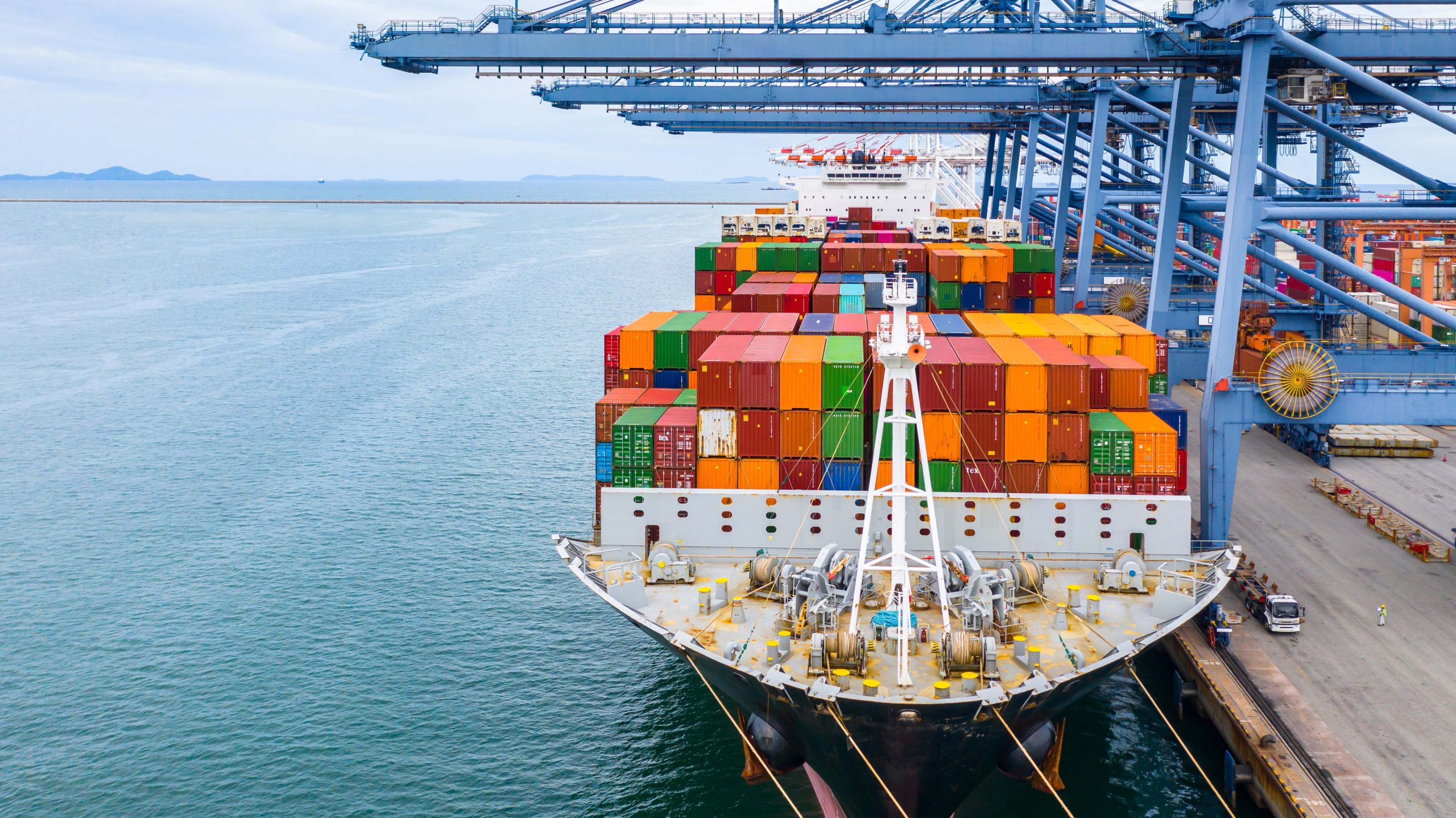Members fear foodservice equipment prices could rise significantly, warns FEA
FEA has just been asked to provide urgent information to the Prime Minister’s Office about the impact that the Red Sea disruptions are having to trade. The association immediately contacted its members to find out about their experiences and expectations, since the government could only allow 24 hours for a response. In that time, FEA managed to gather data from a significant number of members and feed it back to the UK Government.
FEA chair Paul Anderson says that many of its members have already been affected by the disruptions, with increased costs to shipping, delays and container shortages. “Some companies have the capacity to absorb the additional costs in the short term, however prolonged exposure will inevitably lead to price increases,” he says. The problem is exacerbated because some foodservice equipment companies had started to reduce their UK stock levels in line with more stable supply chains. “These new disruptions may lead to supply shortages, which would severely damage businesses relying on shipping,” says Anderson.
The key problems and fears expressed by FEA members, as outlined in the response to government, are:
- The impact on profitability of absorbing extra short-term costs
- The need to increase prices if the effects of the disruptions are long term
- Increased shipping times – at least two weeks extra
- Fluctuating shipping costs (some container prices have tripled from the average 2023 cost)
- Delays leading to key products going out of stock, leading to lost revenue and potential loss of longer-term business
- Delays to projects
- Increased use of air freight for critical items, leading to increased transport costs
The knock-on impact of the Red Sea attacks has led to additional problems. For example, one FEA member says that a shipment from the USA had been diverted from Felixstowe to Rotterdam at the last minute, due to a shortage of containers at the Dutch port.
”It’s encouraging that the government has reached out to manufacturing industries to get a ‘real world’ insight into these issues,” says Anderson. “Let’s hope that the impact of the disruptions is short-lived. If not, there may be a significant effect on equipment availability and prices.”

